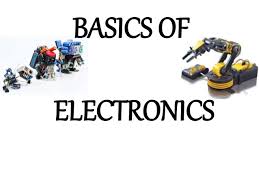
|
FONDAMENTI
DI ELETTRONICA
CFU:
10
Corso di studi: Ing.V (1 liv.) - MI -
INGEGNERIA INFORMATICA e INGEGNERIA DELLE
TELECOMUNICAZIONI
Docente: Nicola Lusardi
Obiettivi
Scopo
dell'insegnamento e' avviare gli
studenti ad una conoscenza degli aspetti
caratterizzanti le discipline
dell'elettronica. L'insegnamento prende
in considerazione i concetti
fondamentali del trattamento elettronico
dell'informazione, sia essa di tipo
analogico che digitale, soffermandosi
sull'esame del comportamento fisico dei
dispositivi elettronici e dei circuiti
analogici e digitali, in modo che lo
studente possa valutarne l'influenza
sulle prestazioni reali del sistema:
amplificazione, risposta in frequenza,
velocita', dissipazione di potenza.
 Programma del
corso Programma del
corso
|
|

|
SISTEMI
ELETTRONICI DIGITALI
CFU: 10
Corso di studi: Ing.V (1 liv.) - MI -
INGEGNERIA ELETTRONICA
Docente: Angelo Geraci
Obiettivi
Obiettivo
del corso e' fornire i fondamenti delle
metodologie e delle tecniche di
elaborazione digitale dell'informazione
in particolare propedeutiche all'uso dei
dispositivi elettronici configurabili,
in particolare dei dispositivi FPGA.
 Programma del
corso Programma del
corso
|
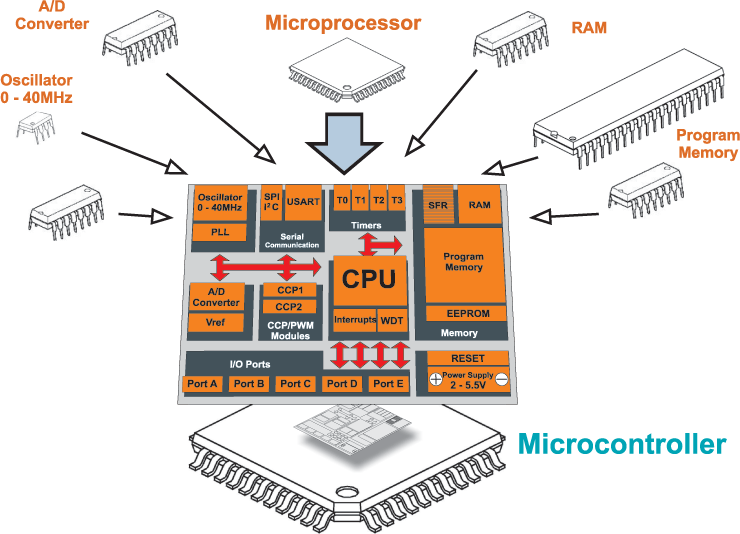
|
MICROCONTROLLORI
CFU: 5
Corso di studi: Ing.V (1 liv.) - MI -
INGEGNERIA ELETTRONICA
Docente: Fabio Garzetti
Obiettivi
Obiettivo
dell’insegnamento è permettere agli
studenti di
acquisire competenze di progettazione di
sistemi elettronici basati su
microcontrollori, sia per quanto
riguarda la progettazione hardware di
schede
che per lo sviluppo del firmware (in
Assembly) e del software di più alto
livello (in linguaggio C).
L’insegnamento presenta le architetture
interne dei
microcontrollori ad 8 bit di Microchip e
di STMicroelectronics.
 Programma del
corso Programma del
corso
|
| |
|
| |
|
|
 MASTER
- Laurea Magistrale MASTER
- Laurea Magistrale
|
| |
|
|

|
DIGITAL
ELECTRONIC SYSTEMS DESIGN - Course
completely offered in English
CFU: 5
Corso di studi: Ing.V (2 liv.) - MI -
INGEGNERIA ELETTRONICA
Docente: Nicola Lusardi
Goals
The course aims to provide
advanced operational skills in the
implementation of processing digital
architectures specifically in spatial
configurable devices (i.e. FPGAs). By
combining and extending the competences
of digital electronics toward designs
that involve high-speed and
high-efficiency digital signals and
processing architectures, students are
prepared for the challenges awaiting
them in the realization of the most
modern digital electronic systems.
The course provides skills
that can be directly spent on the FPGA
digital systems market.
The course is fully
hands-on. It is based on the use of a
Personal Laptop computer and of an
Evaluation Board ("Basys3 Artix-7 FPGA
Trainer Board") whose availability for
each student is mandatory for attending
the course.
The exam is paper-free
because it is just made with students
laptop and EVM. What is consigned at the
end of the written exam is only a pen
drive containing the code of the design
realized.
 Course program Course program
|
| |
|
| |
|
| |
|
| |
|
 Ph.D.
courses - Corsi di Dottorato Ph.D.
courses - Corsi di Dottorato
|
| |
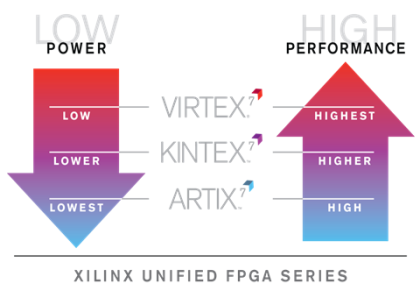 |
DIGITAL CIRCUITS AND
SYSTEMS FOR DSP AND FPGA-BASED
PROCESSING
Docente:
Angelo Geraci
Goals
Mission
of the course is the interdisciplinary
knowledge of fundamental topics of
design of complex digital systems, in
order to enable the development and
deployment of electronic processors and
boards employing DSP and FPGA devices.
Aim of the course is to provide students
with: a) awareness of methodologies for
hardware-oriented design of digital
electronic architectures; b) knowledge of
main criteria for realizing and
dimensioning the correspondent digital
circuits; c) interaction with common
commercial CAD platforms for prototyping
circuits.
In more detail, topics developed are:
- Distribution network design for signal
and power in digital electronic systems
at state-of-the-art.
- Decoupling and grounding in high-speed
digital circuits with wide dynamic range
and low noise.
- Physical layout requirements for
high-speed digital circuits and
consequent power and clock network
layout rules.
- Mixed-signal systems design.
- Advanced architectures of buses
in terms both of design and testing
methodologies.
- Configurable computing philosophy in
temporal computing (DSP) and spatial
computing (FPGA) devices.
- Role of memory in complex high-speed
digital systems and management of memory
resources.
|
| |
|
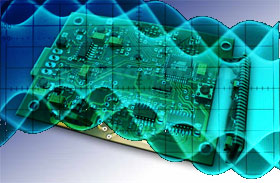 |
SIGNAL INTEGRITY IN
VERY HIGH SPEED DIGITAL CIRCUITS
Docente:
Angelo Geraci
Goals
Mission
of the course is the knowledge of
fundamental topics of signal integrity
in designing high-speed digital systems,
in order to enable the development and
deployment of electronic digital
circuits.
In more detail, topics developed are:
- Distribution network design for signal
and power in digital electronic systems
at state-of-the-art.
- Decoupling and grounding in high-speed
digital circuits with wide dynamic range
and low noise.
- Physical layout requirements for
high-speed digital circuits and
consequent power and clock network
layout rules.
- Mixed-signal systems design;
- Advanced architectures of buses in
terms both of design and testing
methodologies.
|
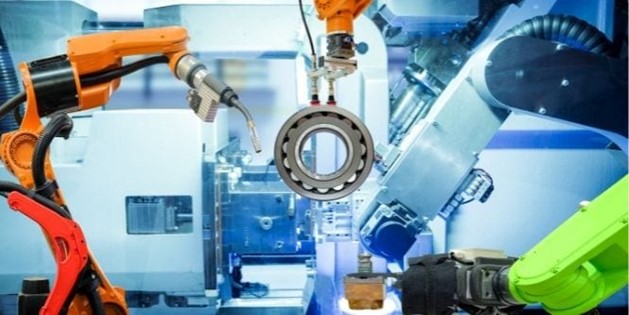
|
MICROCONTROLLERS FOR
INDUSTRIAL ELECTRONIC APPLICATIONS
Docente: Nicola Lusardi
Goals
The
mission of the course is the
interdisciplinary knowledge of
fundamental topics
of design of complex digital systems,
to enable the development and
deployment
of electronic processors and boards
employing Microcontrollers. The aim of
the
course is to provide students with
awareness of methodologies for
hardware-oriented design of digital
electronic architectures, knowledge of
main
criteria for realizing and
dimensioning the correspondent digital
circuits, and
interaction with common commercial CAD
platforms for prototyping circuits.
The course aims at introducing the
practical use of microcontroller
devices for
industrial applications. In this
context, the aspects of powering, data
transmission, processing flow, and
system organization are faced. |
